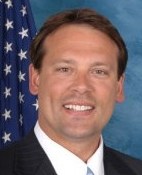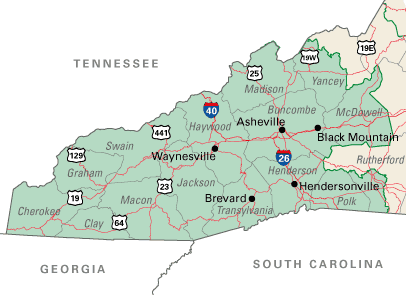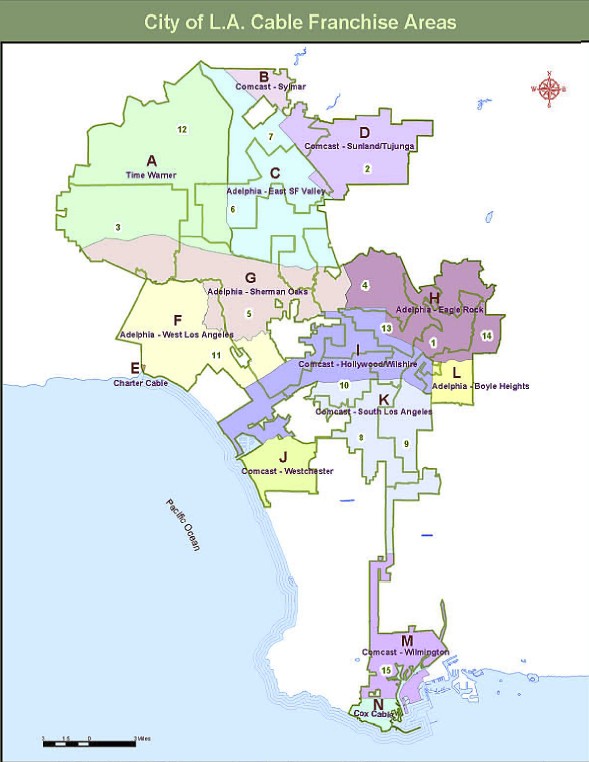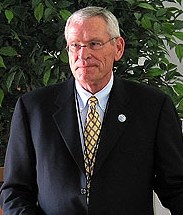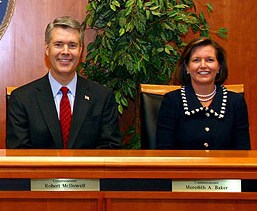[flv]http://www.phillipdampier.com/video/Heath Shuler Campaign Ad.flv[/flv]
Congress doesn’t seem to know right from wrong, but we do.
It’s not right when big insurance companies write health care laws when millions can’t afford to see a doctor.
It’s not right when big oil companies write energy laws as gas prices skyrocket.
It’s not right when Congress passes trade bills that send our jobs overseas.
Congress won’t change until we change the people we’re sending to Washington.
–Rep. Heath Shuler’s 2006 campaign commercial
That was less than four years ago. Apparently these days Rep. Heath Shuler (D-North Carolina) believes it -is- right for large telecommunications companies to censor online content, slow down Internet services they don’t want you to use, and allow the phone and cable industry to control broadband policies in this country.
Shuler’s abandonment of his mountain values was made easier with $23,000 in campaign contributions from a grateful industry.
When those telecom checks cleared the bank, Shuler went to work for big telecom companies, becoming a leading opponent of consumer-friendly Net Neutrality.
For his supporters who once had high hopes for the Democratic congressman first elected in 2006, it’s been one disappointment after another.
Last fall, Shuler was a co-signer of a letter to FCC chairman Julius Genachowski opposing Net Neutrality. To reiterate the point, many of the same co-signers of last fall’s letter were back on board with a second letter sent last month.
The latest letter was a godsend to AT&T, Verizon, Comcast, and other Net Neutrality opponents who are using it to suggest there is considerable bipartisan opposition to broadband reform.
Many of his constituents are not impressed with Shuler’s legislative record these days. One of them is Dave Houck:
I have long since had it with Mr. Shuler. I admit it, I have no more patience for him.
[…]
I campaigned for you, and phone banked for you, and made cash contributions. Today I find out that you are against net neutrality, that you signed a letter to the FCC Chairman supporting AT&T and other large corporations — choosing corporations over the people.
In 2010 I will be voting for anybody who runs against you, Democrat or Republican, as you have consistently demonstrated in the three years you have been in Congress that you are quite simply not up to the job of representing the people of Western North Carolina. You and the “Blue Dog Coalition” are surrogates for corporate interests; you do not have the interests of the people of North Carolina at heart. Or at least that’s the message you are sending to me.
I’m just fed up.
Similar sentiments from upset residents in his district are voiced all over Shuler’s Facebook page. Why not add yours?
Then give his office a call or drop him an e-mail.
Ask Rep. Shuler how standing with big phone and cable companies against consumer broadband protection could ever represent western North Carolina mountain values.
Tell him trusting AT&T, Verizon, Comcast, and Time Warner Cable with our broadband future is like trusting BP to protect the Gulf Coast.
Let him know you were disappointed with his decision to sign the first letter opposing Net Neutrality last fall, but now you are simply appalled he’s done it again.
It’s not right when big phone and cable companies have the power to write their own legislation and stop pro-consumer protections like Net Neutrality. Where is the Rep. Shuler who campaigned on doing the right thing in 2006?
If Shuler won’t change his mind on an issue as important as this, perhaps we need to take his own advice and change the person the 11th district sends to Congress.


 Subscribe
Subscribe